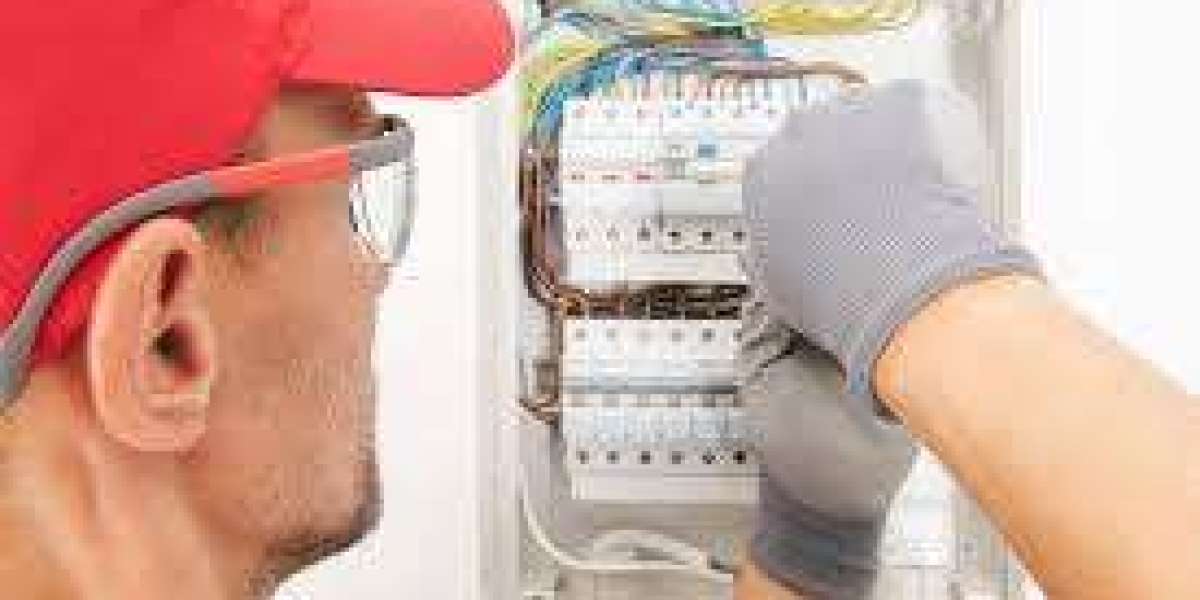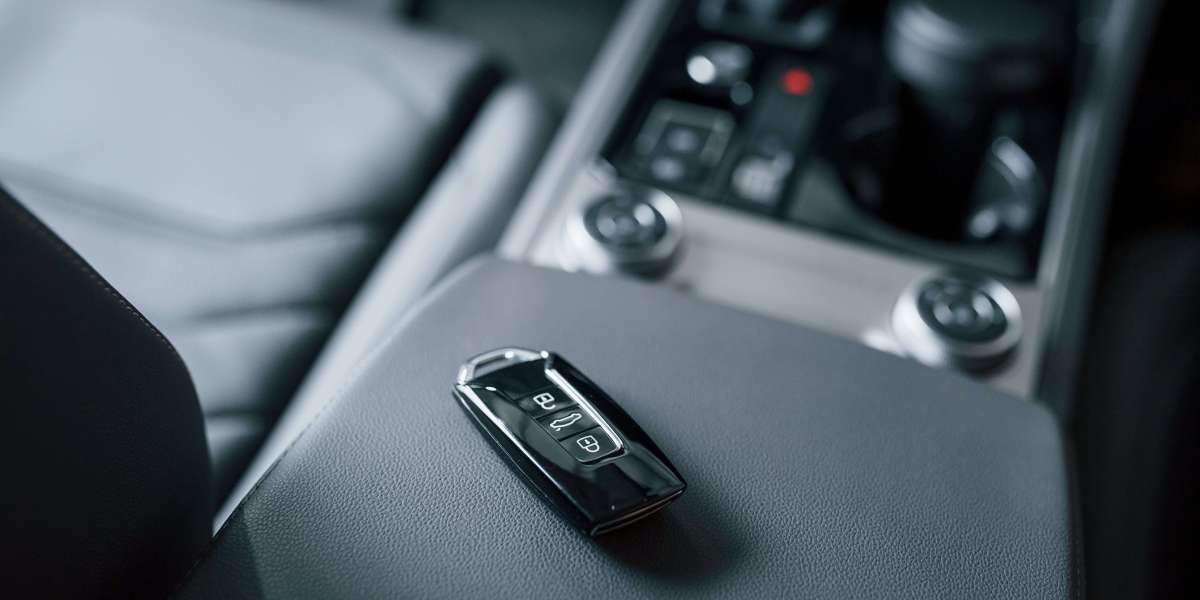Imagine waking up in the middle of a winter night to complete darkness - no lights, no heat, and your phone battery dying. This scenario highlights why electricians are among the most vital professionals in our modern world. From keeping our homes illuminated to powering life-saving medical equipment, electricians ensure our electrical infrastructure functions safely and reliably every single day.
When disaster strikes - whether it's a sudden blackout, sparking wires, or a malfunctioning electrical panel - an emergency electrician becomes your first line of defense against potential catastrophes. These specialized professionals are available 24/7 to handle urgent electrical situations that simply can't wait for normal business hours.
· The indispensable role electricians play in our daily lives
· Different types of electrical professionals and their specialties
· Why access to an emergency electrician is crucial for every household
· Common electrical dangers homeowners face
· The sophisticated skills required in this demanding profession
· Future trends in electrical work
Section 1: The Backbone of Modern Civilization
Powering Our Daily Lives
Electricians maintain the invisible network that powers virtually every aspect of contemporary life:
· Home Comforts: From refrigeration to air conditioning
· Work Productivity: Office equipment, computers, and machinery
· Healthcare: Hospital equipment and medical devices
· Communication: Internet infrastructure and phone systems
· Entertainment: Television, gaming systems, and smart home devices
Without electricians, our technologically dependent society would grind to a halt within hours.
Safety Guardians
Beyond convenience, electricians serve as critical safety professionals:
· Preventing electrical fires (a leading cause of home fires)
· Protecting against electrocution hazards
· Ensuring proper grounding and circuit protection
Residential Electricians
These professionals focus on home electrical systems, handling:
· New construction wiring
· Electrical panel upgrades
· Lighting installations
· Home automation systems
Commercial Electricians
Specializing in business environments, they manage:
· Retail store electrical layouts
· Office building power distribution
· Restaurant kitchen electrical systems
· Signage and exterior lighting
Industrial Electricians
Working in demanding industrial settings, they:
· Maintain factory machinery electrical systems
· Install high-voltage equipment
· Troubleshoot complex motor controls
· Ensure OSHA compliance
Maintenance Electricians
The preventative care specialists who:
· Perform routine electrical inspections
· Test safety systems
· Identify potential issues before they fail
· Keep electrical systems running efficiently
Emergency Electricians
Available around the clock, these first responders:
· Handle power outages and blackouts
· Address sparking or smoking electrical components
· Repair storm-damaged electrical systems
· Respond to electrical shocks or fire hazards
Having access to a qualified emergency electrician provides peace of mind knowing professional help is available whenever electrical crises occur.
Section 3: When You Absolutely Need an Emergency Electrician
Electrical emergencies can't be scheduled - they happen at the most inconvenient times and require immediate attention. Here are six critical situations demanding an emergency electrician:
1. Complete Power Loss
when your home loses power but neighbors have electricity, indicating a problem with your specific electrical system that needs urgent diagnosis.
2. Burning Odors or Visible Smoke
The distinctive smell of overheating electrical components or visible smoke from outlets/switches requires instant professional intervention.
3. Persistent Sparking
Any visible sparks or crackling sounds from electrical points suggest dangerous arcing that could ignite surrounding materials.
4. Frequently Tripping Breakers
while occasional trips are normal, constant tripping indicates potentially dangerous overloads or short circuits.
5. Water Exposure
Flooding or water leaks near electrical systems create severe shock and fire hazards needing immediate attention from an emergency electrician.
6. Exposed Wiring
Damaged insulation or chewed wires (often from pests) pose direct electrocution risks requiring prompt repair.
Technical Expertise
· Comprehensive understanding of electrical theory
· Mastery of national and local electrical codes
· Knowledge of various wiring methods and materials
· Ability to interpret complex blueprints and schematics
Problem-Solving Skills
· Diagnostic abilities to trace electrical faults
· Creative solutions for unique installation challenges
· Troubleshooting skills for intermittent issues
Physical Capabilities
· Working in confined spaces like attics and crawlspaces
· Maneuvering heavy equipment and materials
· Maintaining precision during long work hours
Safety Consciousness
· Awareness of potential arc flash hazards
Customer Service
· Clear communication with non-technical clients
· Professional demeanor in home environments
· Respect for property during work
For emergency electricians, these skills are amplified by the need to work efficiently under pressure during crisis situations when safety hangs in the balance.
Section 4: Common Electrical Dangers in Homes
Many homeowners unknowingly live with electrical hazards that electricians routinely identify and correct:
Outdated Wiring Systems
· Undersized circuits for modern power demands
Overloaded Circuits
· Too many devices on single circuits
· Daisy-chained power strips
· Extension cord misuse
Improper DIY Repairs
· Incorrect wire connections
· Missing junction boxes








